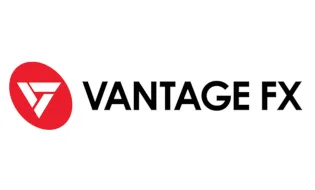CFD Broker Finder™ – Compare CFD trading platforms
Compare fees and trading software to find the best CFD broker for you.
We’re reader-supported and may be paid when you visit links to partner sites. We don’t compare all products in the market, but we’re working on it!
Read more on this topic
- How to invest in oil in Australia
Investing in oil is simpler than you might think. Learn how to invest in oil and the best ways to do it with this guide.
- ThinkMarkets review Australia: Forex, commodities and CFD broker
ThinkMarkets is a UK and Australia based forex and commodities broker that offers competitive fees and spreads plus advanced trading features.
- Axi review: Forex and commodities broker
Our overview of the fees, platform options, FX spreads and more when you use the Axi forex and commodities trading platform.
- Blueberry Markets review: ECN forex and CFD broker
Get low FX spreads and zero commissions when you trade global currencies, commodities and indices with Blueberry Markets.
- IC Markets: Trade forex and CFDs with one of the world’s largest brokers
IC Markets offers tight forex spreads as low as 0.0 pips and fast execution under 40 milliseconds on average.
- Pepperstone review: Australian forex and commodities broker
Trade more than 70 currency pairs with this Pepperstone, an Australian forex and CFD broker.
- eToro review for Australians
Join the world’s largest social trading network, and learn from experienced forex traders with eToro Australia.
- Saxo Capital Markets forex review: FX and CFD trading
Saxo Capital Markets offers traders access to 35,000+ instruments via its award-winning trading platforms, with tight spreads and low commissions.
- City Index review: Forex and CFD trading account
CFD and forex traders can access over 4,500 financial markets with City Index, including 84 foreign currency pairs.
- AvaTrade forex and CFD trading
Trade forex and CFDs across a number of financial markets and choose a trading platform that’s right for you with AvaTrade.
